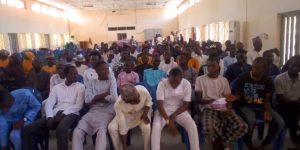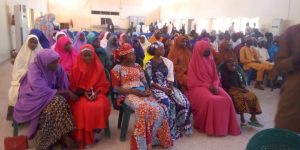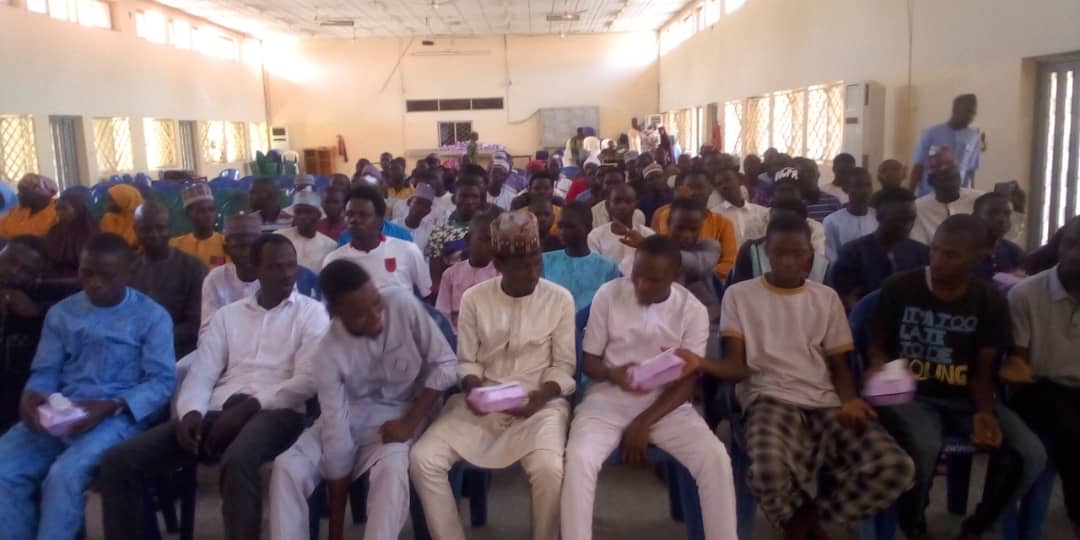By Rabilu Abubakar, Gombe
In an effort to enhance hygienic meat processing in Gombe State, the Livestock Productivity and Resilience Support Project (L-Press), in collaboration with the Gombe State Government, has successfully trained 290 butchers and meat sellers. This initiative aims to elevate health standards in meat production throughout the state.
Over a three-day workshop, Professor Usman Bello Abubakar, the L-Press Project Coordinator, stressed the necessity of ensuring that the meat consumed in Gombe State is processed under hygienic conditions.
He highlighted the government’s commitment to empowering butchers by enhancing their professional skills, which is why specific individuals were selected for this training.
Professor Abubakar cautioned that consuming unhygienic meat can result in various diseases caused by contaminated products. He further announced plans by the Gombe State Government to establish a modern cattle market and an international-standard abattoir to promote safe meat processing practices.


Sulaiman Umar Chansa, the newly elected Chairman of the Gombe State Butchers Association, expressed his appreciation for the initiative. He urged his fellow members to take the training seriously, recognizing its educational value. Chansa also commended Governor Muhammad Inuwa Yahaya for his vision in creating modern abattoir facilities and cattle markets.
Dr. M.K. Lawan from Ahmadu Bello University, Zaria, delivered a presentation on best practices for hygienic meat processing and professional butchery techniques.
Participants expressed gratitude for the program. Musa Sama’ila Baban Luwa from Akko Local Government Area, Ibrahim Haruna from Gombe, and Maryam Abdullahi from Filiya town in Shongom Local Government Area all described the training as a valuable opportunity, hoping that future programs would accommodate even more participants.
At the conclusion of the workshop, attendees received safety kits, which included rain boots, long jackets, gloves, helmets, and transportation allowances to return to their respective local government areas.









Leave a Reply